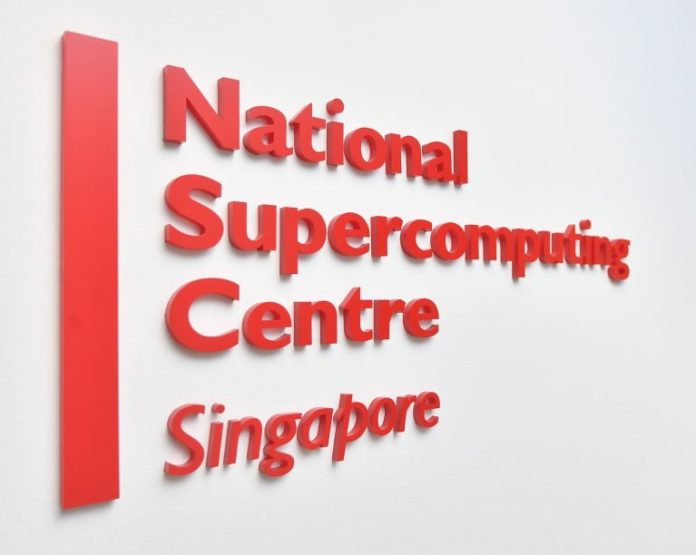The HPC-AI Advisory Council and the National Supercomputing Centre (NSCC) Singapore has launched the 2020 APAC HPC-AI Competition, building on the success of the two previous annual competitions.
The student teams will compete against international teams to produce solutions and applications in the High-Performance Computing (HPC) and Artificial Intelligence (AI) domains.
The competition is sponsored by Mellanox, NVIDIA, AMD and WekaIO. It will be open to student teams from within the region and will continue until October 19 this year. The Singapore Advanced Research and Education Network (SingAREN) will be joining as a supporting organisation for the competition in 2020.
The APAC HPC-AI competition promotes the latest HPC and AI technologies to the universities and research centres and trains the students with the latest HPC and AI technologies to help bridge the gap between universities/research institutes and industries.
Also, the competition trains the undergraduate and graduate students to practice on the newest HPC and AI platforms, and provides the key ingredients and industry tools to optimise the production applications.
Final competition results will be announced at and during the Supercomputing Conference 2020 (SC20) in Atlanta, Georgia in the United States in November, with the award ceremony set to take place at the SupercomputingAsia 2021 (SCA21) conference in Singapore, which is scheduled for March 2021.
In this 3rd APAC HPC-AI competition, the challenge will move from image recognition to language recognition. TensorFlow + BERTLarge were chosen for the 2020 HPC-AI competition.
“Preparing the next generation of scientists who are trained to leverage combined HPC and AI aspects in future research ensures the growth of a multi-disciplinary research community that is able to adapt to the world’s increasingly complex global issues such as the environment, technology development and even epidemiology,” ,” said Tan Tin Wee, chief executive of NSCC.
“In particular, we hope that the HPC-AI training established among our young aspiring programmers can help us tackle global threats such as COVID-19 and accelerate an improved response to future pandemics,” the professor said.
















